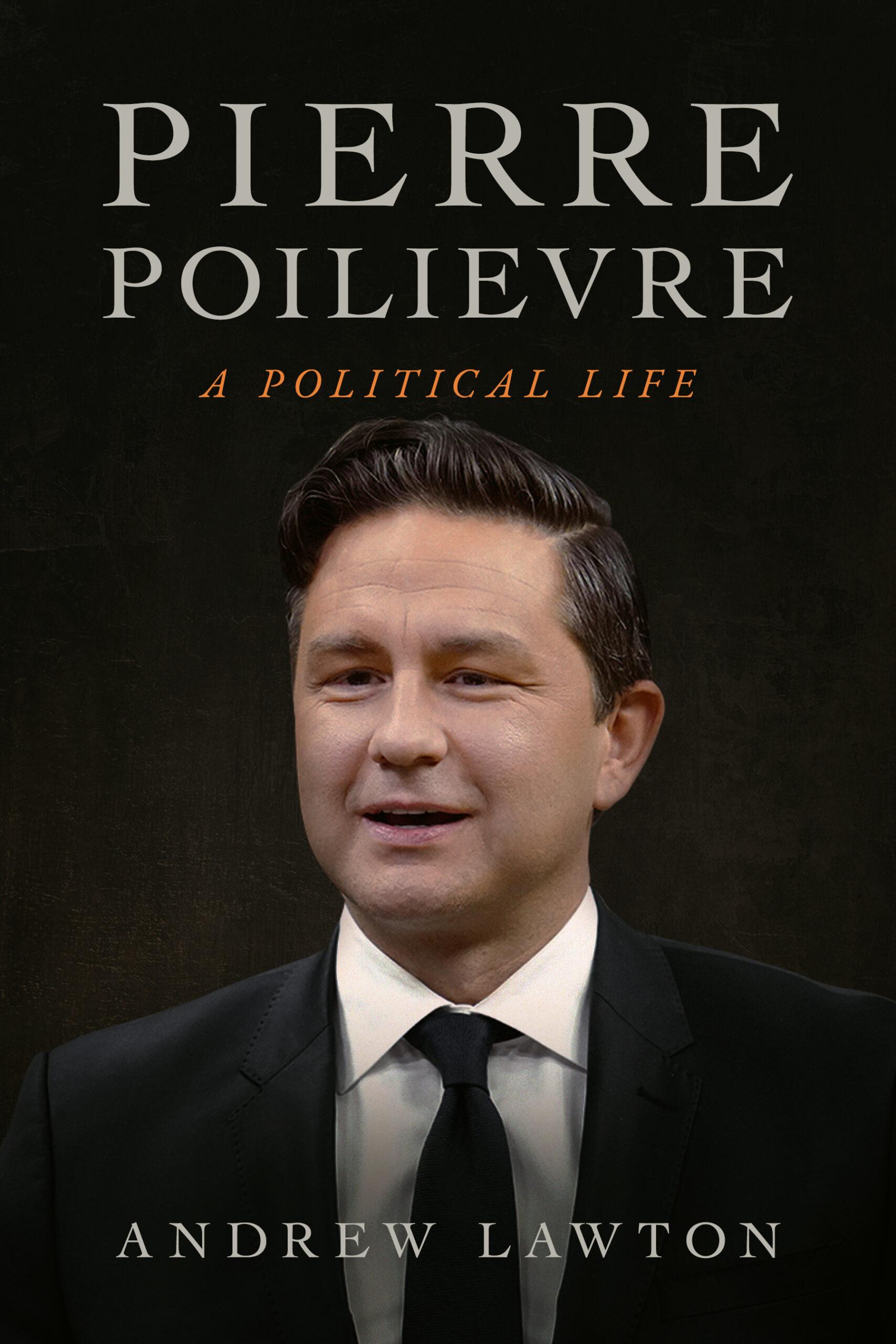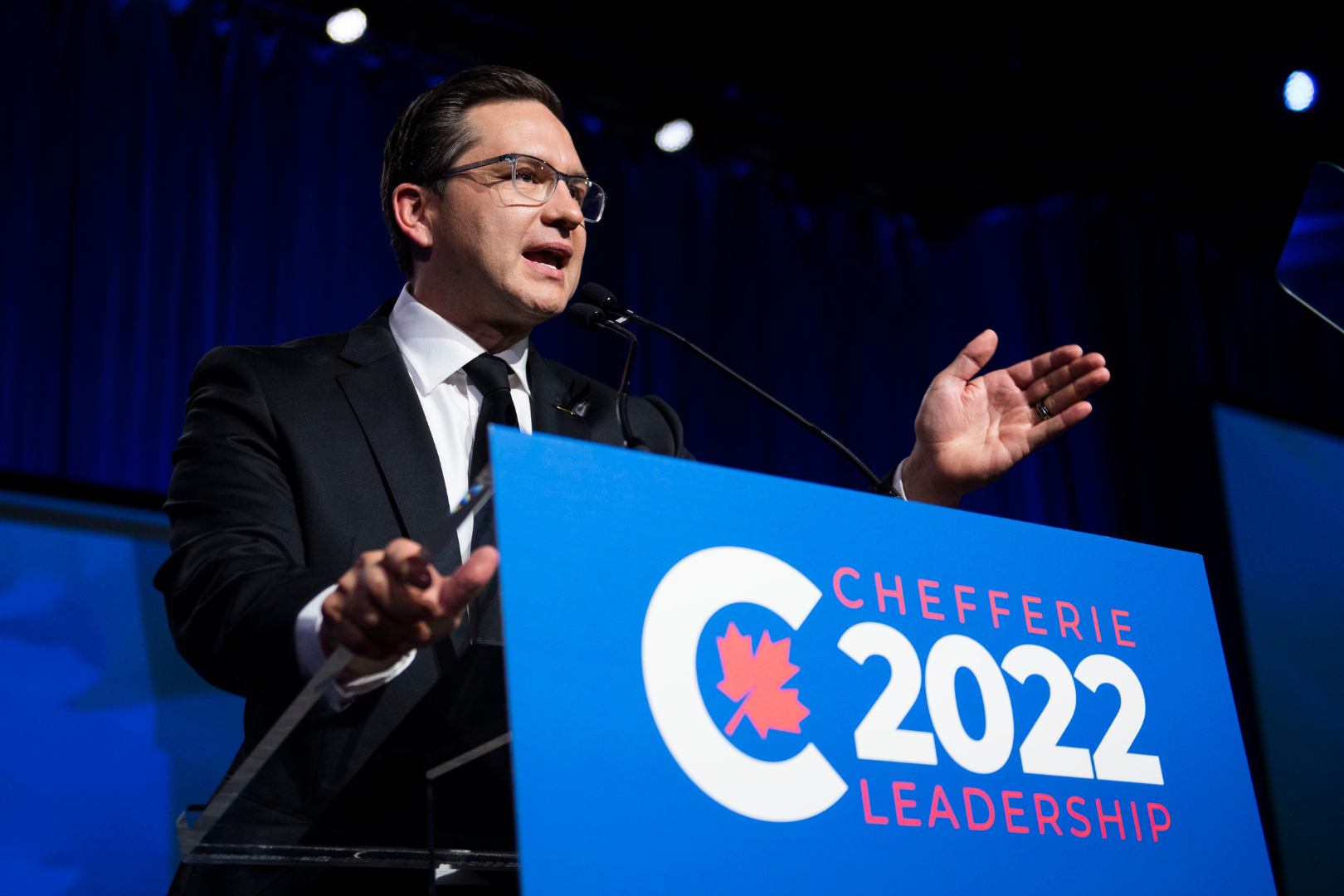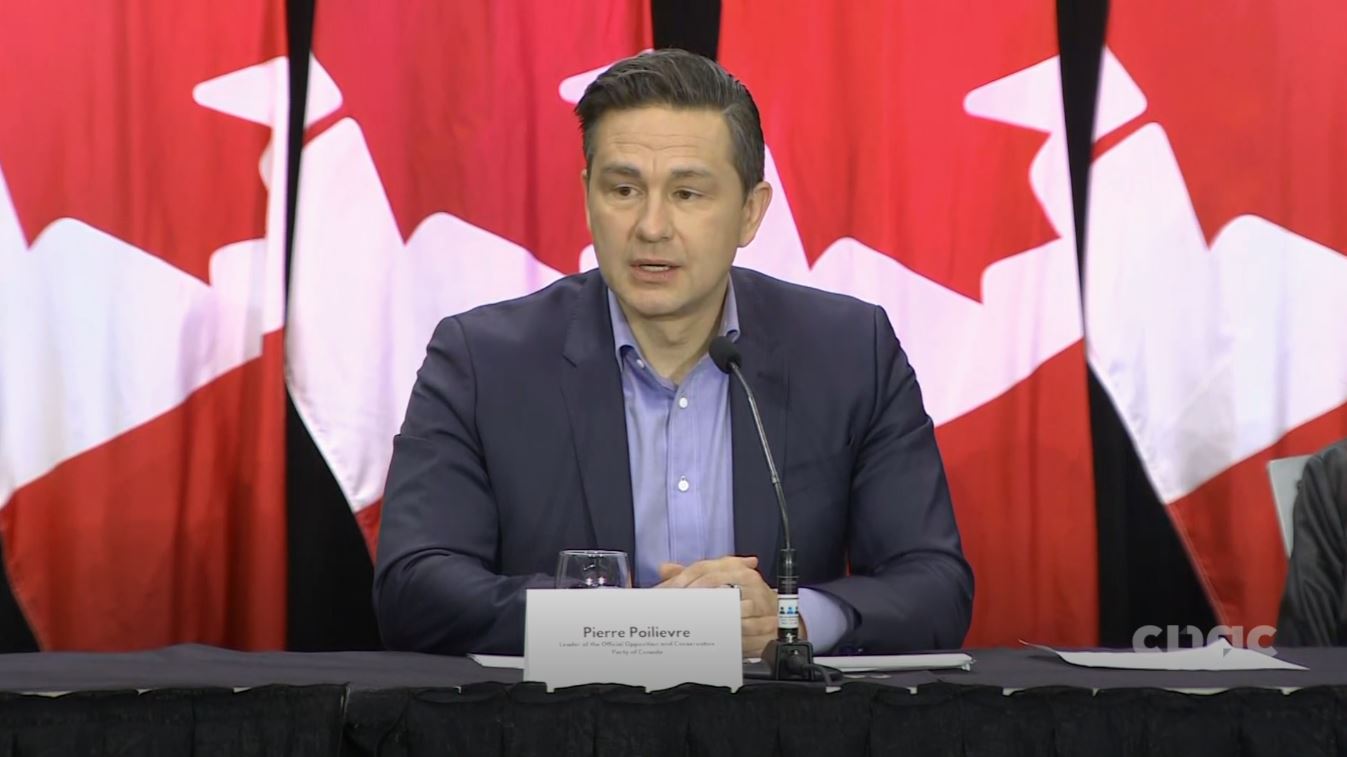Is Pierre Poilievre Bilingual? The Truth Behind His Language Skills
Is Pierre Poilievre bilingual? This question has been buzzing around political circles and casual conversations alike. In today's globalized world, bilingualism is often seen as a crucial skill, especially for politicians representing diverse populations. But does Pierre Poilievre fit the bill? Let's dive in and uncover the truth behind his language abilities. Stay tuned because this story gets interesting, my friend.
Picture this: a politician standing at the podium, addressing a multilingual audience. For many Canadians, bilingualism isn't just a preference—it's a necessity. And that's where Pierre Poilievre comes into play. As a prominent figure in Canadian politics, his language skills have become a topic of heated debate. Is he fluent in both official languages, or does he struggle? We're about to find out.
This isn't just about Pierre Poilievre's personal abilities; it's about the expectations placed on public figures in a nation as linguistically diverse as Canada. As we explore this topic, you'll discover how his language skills—or lack thereof—impact his career and public perception. Let's get started, shall we?
Read also:Life Partner P Allen Smiths Wife Debbie A Wikipedia Journey You Wont Forget
Who is Pierre Poilievre?
Before we dive into the bilingual question, let's take a moment to understand who Pierre Poilievre really is. Born on May 11, 1979, in Ottawa, Ontario, Pierre is a Canadian politician who has been making waves in the political arena for quite some time now. He currently serves as the Leader of the Conservative Party of Canada, a position he's held since September 2022.
A Quick Glance at His Background
Pierre's journey into politics began early. He was first elected to the Canadian House of Commons in 2006, representing the riding of Carleton. Over the years, he's earned a reputation as a fiery and passionate advocate for conservative values. But what about his language skills? That's the million-dollar question we're here to answer.
Is Pierre Poilievre Bilingual? Let's Break It Down
Now, let's address the elephant in the room. Is Pierre Poilievre bilingual? The short answer is—sort of. While he can communicate in both English and French, his proficiency in French has often been questioned. Critics argue that his French skills aren't up to par, especially for someone in his position.
His French Proficiency
Here's the deal: Pierre Poilievre can speak French, but his fluency is often described as "basic" or "limited." He's faced criticism for his accent and grammar, which some say fall short of the expectations for a national leader. In fact, during a 2023 campaign event, he faced backlash after struggling to answer questions in French. Critics were quick to point out that this could be a dealbreaker for voters in Quebec and other predominantly French-speaking regions.
Why Bilingualism Matters in Canadian Politics
You might be wondering why bilingualism is such a big deal in Canadian politics. Well, here's the scoop: Canada has two official languages—English and French. For politicians, being able to communicate effectively in both languages is essential, especially when addressing a national audience. It's not just about understanding the language; it's about connecting with people on a cultural and emotional level.
The Impact on Public Perception
Pierre Poilievre's language skills—or perceived lack thereof—have a significant impact on how he's perceived by the public. In Quebec, for example, his limited French proficiency has been a point of contention. Many voters there expect their leaders to be fully bilingual, and Pierre's struggles in this area could cost him valuable support.
Read also:Keith David Voice Acting The Man Behind The Iconic Voices
How Bilingualism Affects Political Careers
Let's take a step back and look at the bigger picture. Bilingualism isn't just a nice-to-have skill for politicians; it's often a make-or-break factor. In Canada, where linguistic diversity is a defining characteristic, being fluent in both official languages can open doors—or slam them shut.
Examples from Other Politicians
Take Justin Trudeau, for instance. His fluency in both English and French has been a significant asset throughout his political career. It's allowed him to connect with voters across the country, regardless of their primary language. On the flip side, politicians who struggle with bilingualism often face criticism and skepticism from the public.
Pierre Poilievre's Efforts to Improve His French
Now, let's give Pierre some credit. He hasn't been sitting idle when it comes to improving his French skills. Over the years, he's made efforts to enhance his proficiency, taking lessons and practicing whenever possible. But the question remains: is it enough?
Challenges Faced
Learning a new language, especially as an adult, isn't easy. Pierre faces several challenges in his quest for bilingualism, including time constraints and the demands of his political career. It's a balancing act that requires dedication and perseverance.
Public Reaction and Media Coverage
How has the public reacted to Pierre Poilievre's language skills? The response has been mixed, to say the least. While some praise his efforts to improve, others remain critical of his perceived shortcomings. The media has played a significant role in shaping this narrative, with headlines often highlighting his struggles in French.
Key Media Highlights
- In 2023, a viral video of Pierre struggling to answer questions in French sparked widespread debate.
- Commentators have weighed in, with some defending his efforts and others calling for greater emphasis on bilingualism in leadership roles.
- Social media users have chimed in, sharing their thoughts and opinions on the matter.
The Importance of Bilingualism in Leadership
Why is bilingualism so crucial for leaders? It's not just about language; it's about representation and inclusivity. In a country as diverse as Canada, leaders who can communicate effectively in both official languages are better equipped to serve their constituents and foster unity.
Building Bridges
Bilingual leaders have the unique ability to bridge gaps between linguistic communities. They can address concerns, share ideas, and build relationships in ways that monolingual leaders simply can't. This is particularly important in a nation where language is a key aspect of identity.
What the Future Holds
So, where does this leave Pierre Poilievre? Will he continue to work on his French skills, or will he face mounting pressure to step aside? Only time will tell. One thing's for sure: the debate over his bilingualism isn't going away anytime soon.
Possible Outcomes
- Pierre could invest more time and resources into improving his French, potentially earning the respect and trust of French-speaking voters.
- Alternatively, he might face increasing criticism, which could impact his political career and the Conservative Party's chances in future elections.
Conclusion: Is Pierre Poilievre Bilingual?
Let's wrap things up. Is Pierre Poilievre bilingual? The answer is complicated. While he can communicate in both English and French, his proficiency in French is often described as limited. This has significant implications for his political career, particularly in a country where bilingualism is highly valued.
As we've explored, bilingualism isn't just about language; it's about connection, representation, and inclusivity. For Pierre Poilievre, the road ahead may be challenging, but it's not impossible. What do you think? Share your thoughts in the comments below, and don't forget to check out our other articles for more insights into Canadian politics and beyond.
Table of Contents
- Is Pierre Poilievre Bilingual? The Truth Behind His Language Skills
- Who is Pierre Poilievre?
- A Quick Glance at His Background
- Is Pierre Poilievre Bilingual? Let's Break It Down
- His French Proficiency
- Why Bilingualism Matters in Canadian Politics
- The Impact on Public Perception
- How Bilingualism Affects Political Careers
- Examples from Other Politicians
- Pierre Poilievre's Efforts to Improve His French
- Challenges Faced
- Public Reaction and Media Coverage
- Key Media Highlights
- The Importance of Bilingualism in Leadership
- Building Bridges
- What the Future Holds
- Possible Outcomes
- Conclusion: Is Pierre Poilievre Bilingual?
Article Recommendations


